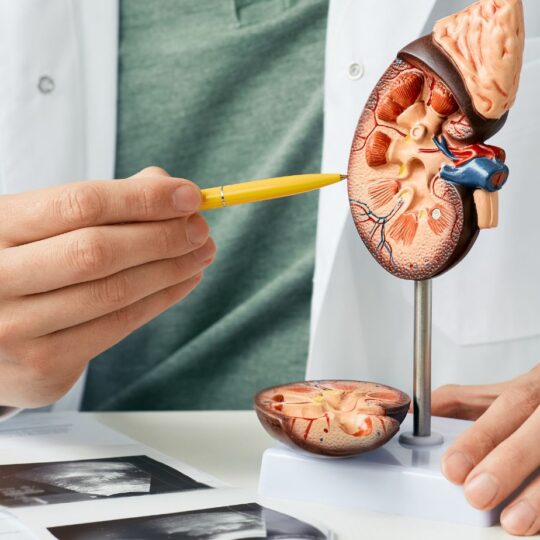
by admin | May 14, 2023 | kidney disease
Proper kidney function is an essential part of leading a healthy life, so it’s important to get regular kidney function tests (KFTs) to detect any underlying issues. KFTs help identify any abnormalities in the kidneys, urinary tract, and other related organs....
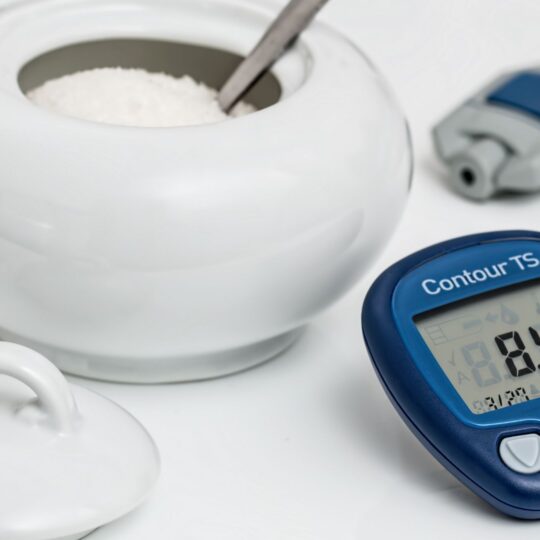
by admin | Nov 19, 2022 | kidney disease
Diabetes is a serious condition that can lead to a number of health problems, including chronic kidney disease. If you have diabetes, it’s important to be aware of the risk factors for chronic kidney disease and take steps to protect your kidneys. Chronic kidney...
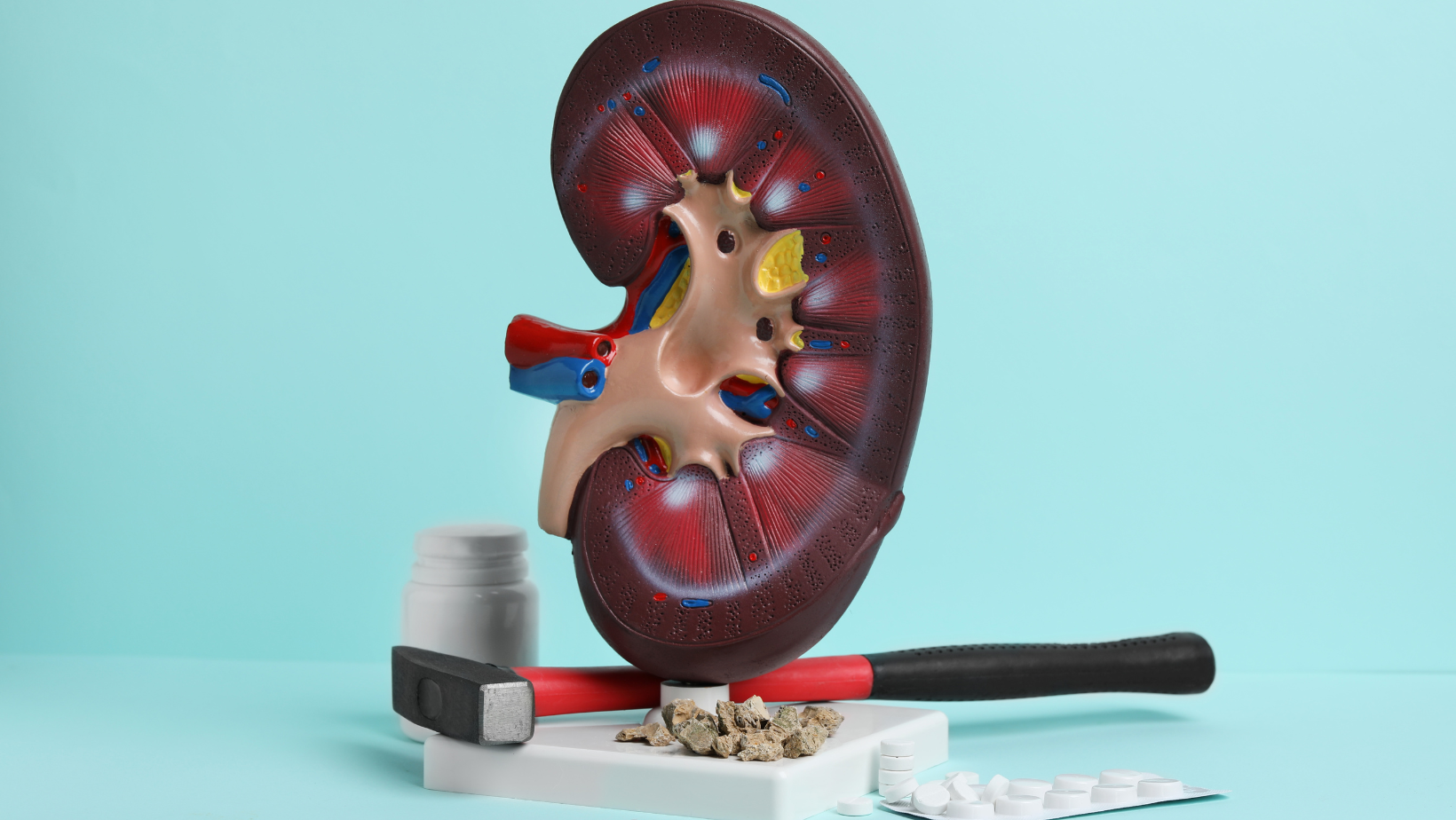
by admin | Oct 10, 2022 | kidney disease, Uncategorized
Millions of people are affected by kidney disease, but most of them don’t even know it. That’s because the early signs of kidney disease are often mistaken for something else. You might think that you’re just tired all the time or that you have a...
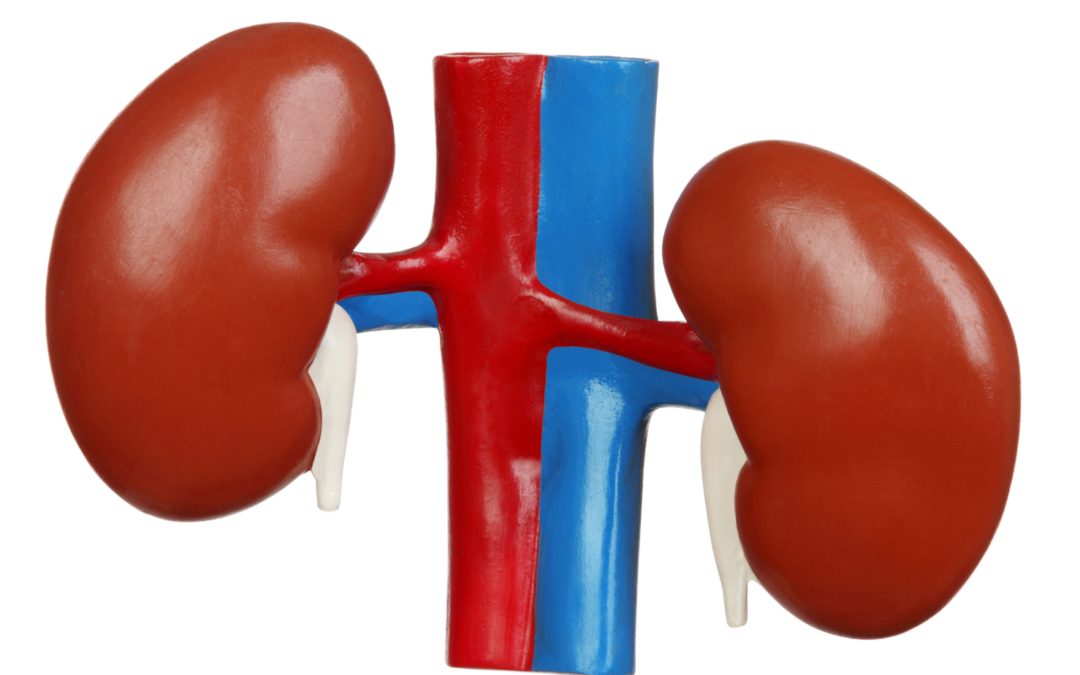
by admin | Oct 9, 2022 | kidney disease
Nephrotic Syndrome is a kidney disorder that causes a buildup of protein in the body. This protein can damage the kidneys and lead to severe illness. The immune system is the body’s primary defense against disease, and it contains cells that are specialized for...
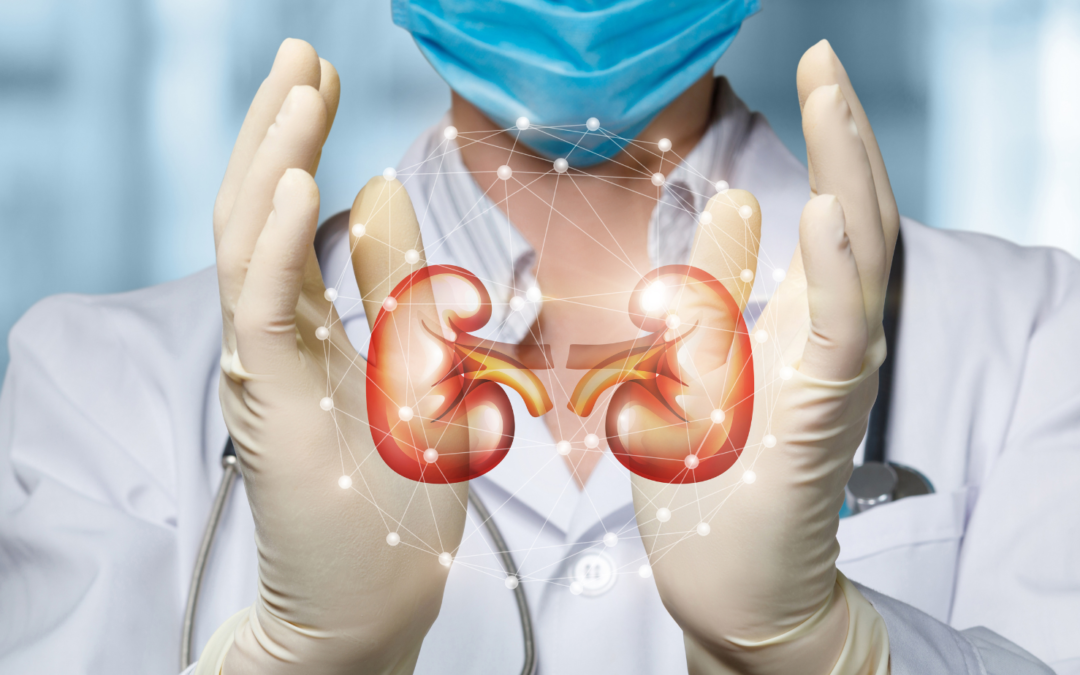
by admin | Oct 9, 2022 | kidney disease
Immune checkpoint inhibitors are drugs used to treat cancer. They work by blocking the ability of cancer cells to hide from the immune system. In recent years, they are effective in treating other diseases such as multiple sclerosis, rheumatoid arthritis, and...

by admin | Oct 1, 2022 | kidney disease
Did you know that adult kidney transplant recipients with chronic rejection should limit protein intake to 0.73 ± 0.11 g/kg body weight as this may safely stabilize the glomerular filtration rate and slow the progression to kidney failure? In a healthy individual, a...







